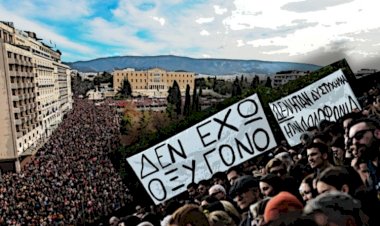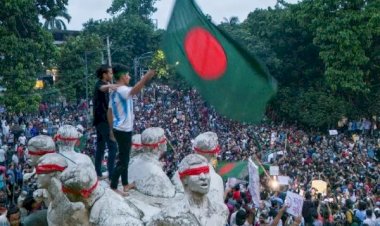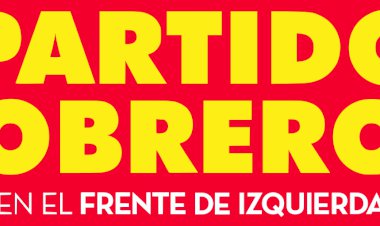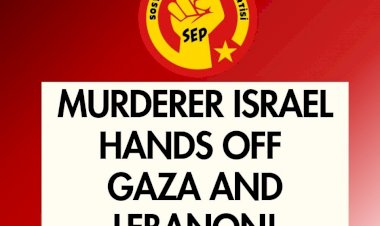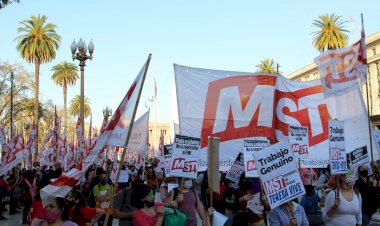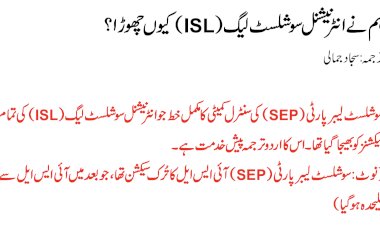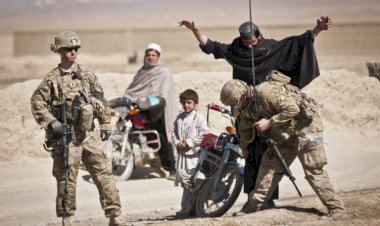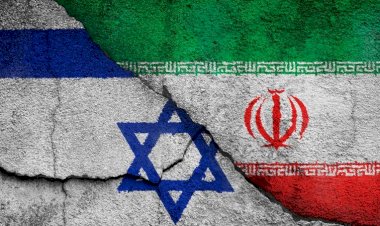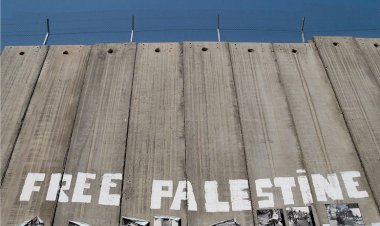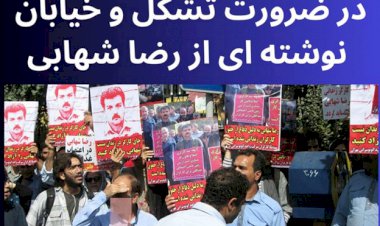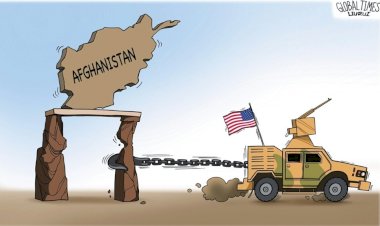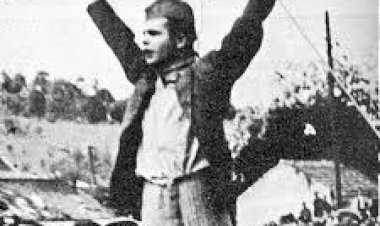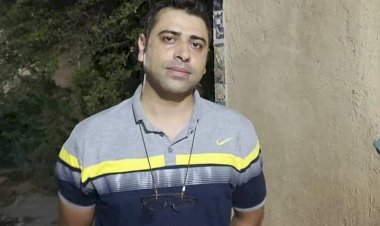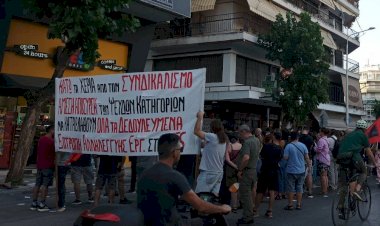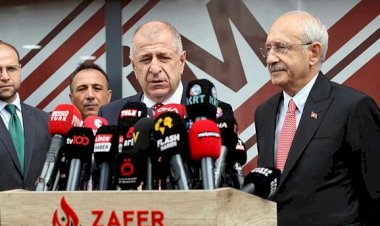Victory to the Heroic Youth in Bangladesh!
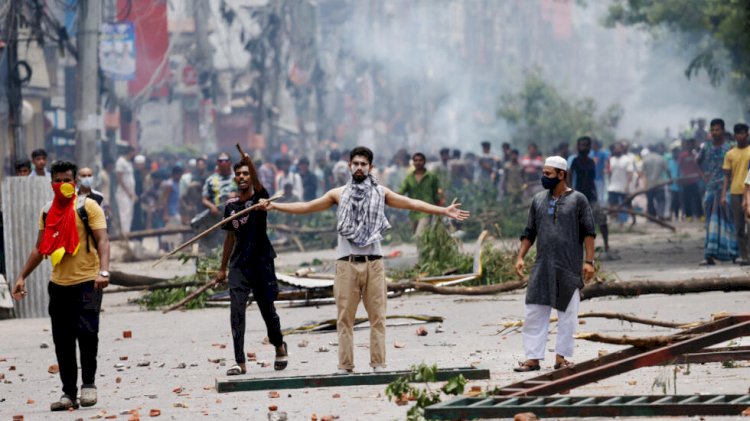
Since the firs days of the July, students and working youth have been in revolt in Bangladesh. The youth revolted against the “quota system” that the government wants to re-implement. Under the quota system, 30 % of public sector jobs will be reserved for soldiers or their relatives who fought in the bloody partition war with India and Pakistan, called “independence war”, 10 % for people from underdeveloped areas of the country, 10 % for women, 5 % for ethnic minorities and 1 % for people with disabilities. In other words, the quota allocated for those who want to work in public institutions by taking the exam is only 46 per cent. This situation has brought the youth of Bangladesh, a country of 171 million people - who are struggling with ethnic discrimination, extreme poverty and unemployment - to the point of revolt. The laboring masses and youth of Bangladesh, where agricultural production and textile is prominent sectors, cannot get out of the under development and poverty spiral. Tens of millions live in a swamp of cheap, precarious, unregulated exploitation.
The youth, mostly university students and even highschool, stand in front of the bullets of the police without fear; deaths, arrests, house raids, detentions and even torture can’t able to stop the mass revolt, the streets are not returning to home. According to the latest data, over 200 people were killed during the protests; approximately 4500 people were arrested. There are attempts to end the movement by raiding the houses of youth leaders.
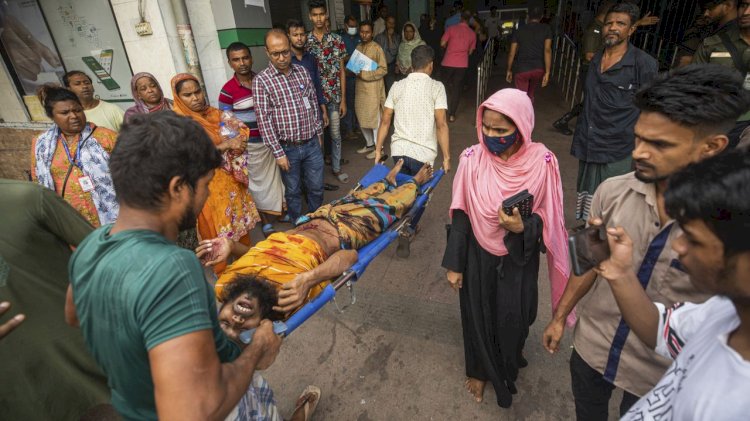
This law is actually not new. In 2012, it was approved by the government headed by Sheikh Hasina. In 2018, protests started in Dhaka and Shahbag University and quickly spread to many other universities. The protests escalated when the rector of Rajshahi University called the protest against the quota system ‘an act of sabotage aimed at overthrowing the government’ and called the police to the campus. After 3 months of protests, the government withdrew the law.
In June this year, the Supreme Court of Bangladesh reinstated the law, which was withdrawn in 2018. Youth gathered from dozens of public and private universities in almost all cities of the country and decided to launch a movement for the withdrawal of the law. However, the actions were postponed due to the Eid al-Adha and summer holidays. Students organizing a movement against the quota system under the name of the Anti-Discrimination Student Movement started to protest on campuses and in city centers; boycotts, actions, and barricades quickly began to shake the country.
On 1 July, teachers working in public universities declared a strike and joined the protests initiated by students. Universities were closed after thousands of teachers went on strike. The youth revolt is supported by the doctors’ and garment workers’ union organised in the textile industry, one of the most exploitative sectors in Bangladesh.
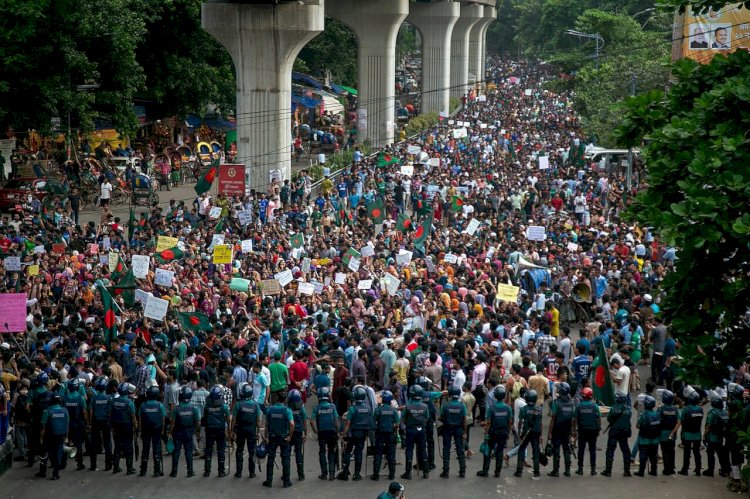
On 7 July, students launched a nationwide Bangla Blockade movement and blocked all roads. Life in the country came to a standstill as even the airports became unusable. In the following days, the police attacked the youth with tear gas, tear gas and bullets. The clashes intensified after Prime Minister Hasina's angry outbursts. But it was not only the police who attacked university students. The Bangladesh Charta League, known for unsolved murders and rapes, started to terrorise the streets. The Charta League is the youth branch of the ruler party Awami League, which claims to be a reformist, center left party, is the party founded by the nationalist leaders of 1971 independence war. So, the Awami League is the party which will directly benefits this new quota reform. The founder of this party is also the father of the current Prime Minister Sheikh Hasina, Sheikh Mujibur Rahman, known as the leader of the Liberation War and the founder of the country. So, Awami League and PM Hasina aims to allocate all public employment opportunities to their partizans. After the gangs of Charta Union attacked protesters and the first deaths occurred, students at Rajshahi University occupied the university and expelled Charta Union members from the campus by emptying the rooms they used. Around the same time, Charta Union members were expelled from Dhaka and other universities by protesters.
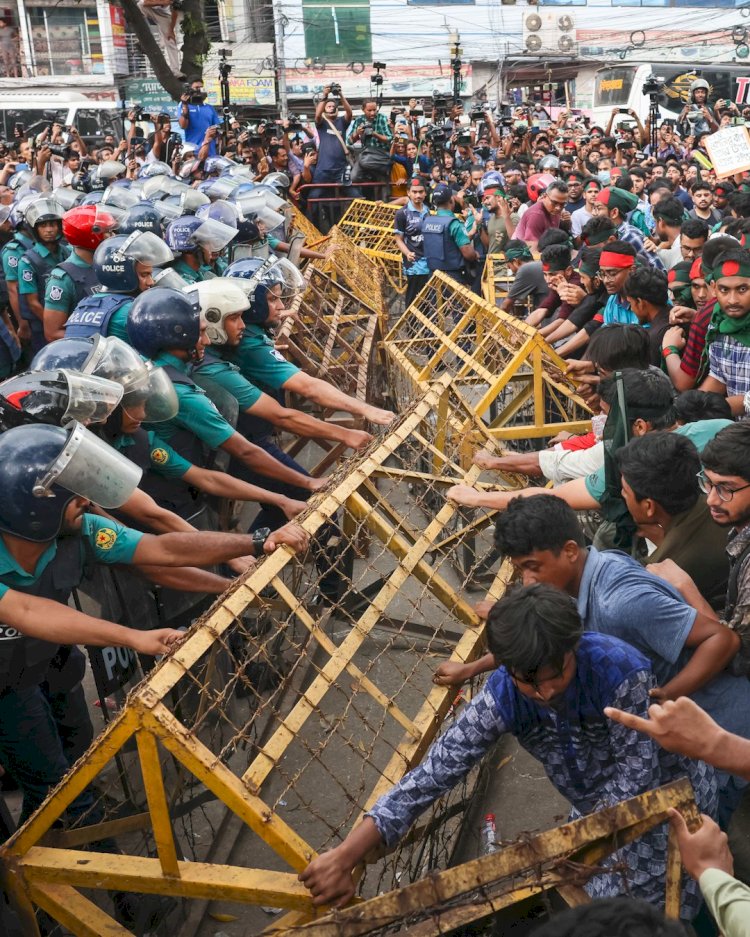
Hasina government declared a curfew and cut off the internet in the country to prevent the spread of news about the protests and the spread of images of police brutality and street executions.
After clashes with the Charta Union and the police, the Anti-Discrimination Student Movement published a 9-point declaration listing their demands from the government:
- Prime Minister Sheikh Hasina should publicly apologize and take responsibility for the deaths of students during the protests.
- Interior Minister Asaduzzaman Khan and Road Transport and Bridges Minister Obaidul Quader should resign from their cabinet positions and party roles for their alleged roles in using law enforcement and influencing Chhatra League to carry out violence against the protesters.
- Deputy inspectors general of police, police commissioners, and superintendents of police in the areas where student casualties occurred must be dismissed from their posts.
- The vice-chancellors and proctors of Dhaka University, Jahangirnagar University, and Rajshahi University must resign due to their inadequate response to the violence against students.
- Policemen and individuals involved in the attacks, including members of Chhatra League and Jubo League, should be arrested and prosecuted according to the law.
- Financial compensation should be provided to the families of students who were killed or injured during the protests.
- There should be a ban on student politics in all educational institutions in Bangladesh.
- All educational institutions and student residential halls should be reopened immediately.
- Law enforcement officers, including armed forces and other security personnel, should be withdrawn from all educational institutions to ensure a peaceful environment.
The Hasina government accuses the protesting youth of being associated with the right-wing National Party and Islamic Jamaat. Positioning herself as the guardian of the nation-state and the guarantor of secularism, Hasina claims that the protests are essentially an attack on these core values.
With a youth unemployment rate of 20% and nearly 40% of young people aged 15 to 24 having no access to work or education, approximately 400,000 university graduates in Bangladesh compete for 3,000 public service jobs each year. While filling public institutions with people close to her family, Hasina is busy suppressing the movement with blood. By aligning with Stalinist parties and system parties such as the Labour Party, they are unanimously criminalising youth radicalism. The Jamaat-e-Islami and the National Party did not raise a voice against this law at first, and when the anger of the youth swept the whole country, they expressed their support in verbal statements. However, under the influence of youth radicalism, their support is very limited and cautious.
The stalinist Bangladesh Labour Party, a coalition partner in the government, was initially silent on the law, but when police violence against students escalated, it was forced to issue statements condemning the violence.
The Communist Party of Bangladesh, the Socialist Party of Bangladesh, and the Revolutionary Communist Union, organized under the name of the "Left Democratic Alliance," condemned the government while advising students that political pressure, rather than radical actions, would be more appropriate.
In summary, the youth are taking matters into their own hands!
Hoping to suppress the intensifying protests nationwide, the Hasina government announced a decree on Monday, changing the quota system to claiming that 93% of new public sector hires would be merit-based. The quota for veterans and their relatives would be reduced to 5%, and for other designated groups to 2%.
Despite promises being made, the youth's energy has not been extinguished. They are not retreating from the streets until all prisoners are released. Cautious about declaring victory, the youth movement does not trust the government's word and continues their actions demanding the immediate release of their leaders.
In Bangladesh, as in many East Asian countries, the exploitation of the working people is made possible by highly oppressive governments. Regional rulers, who ideologically support ethnic and sectarian hatred and division, have nothing to offer the workers. Since 2009, Sheikh Hasina from the Awami League, who has been fraudulently re-elected four times, currently holds this role. On July 19th, she declared a curfew, ordered the army to "shoot on sight," and cut off the internet. The Hasina government, with the blood of hundreds of protesters on its hands, cannot be expected to play any progressive role.
In a country like Bangladesh, turned into a hell of cheap labor, no progressive role can be expected from exploitative capitalist and imperialist system. The fate of the subcontinent can only be changed if the working class and youth act independently of all ruling forces and raise the radicalism of class struggle, shaking not only Bangladesh but also Pakistan and India.
Salute to the youth of Bangladesh!
Abolish the quota system!




